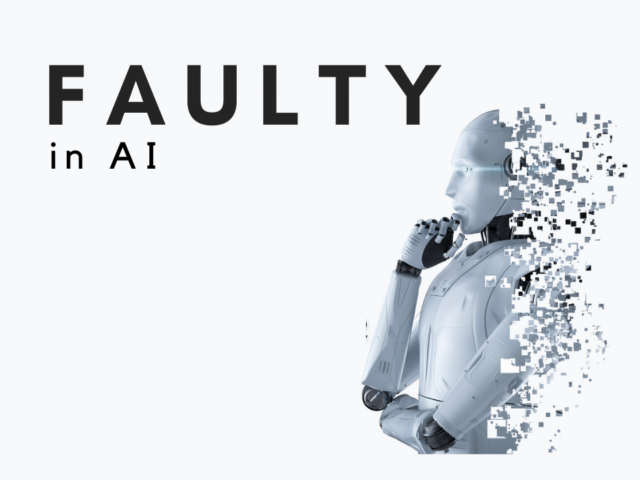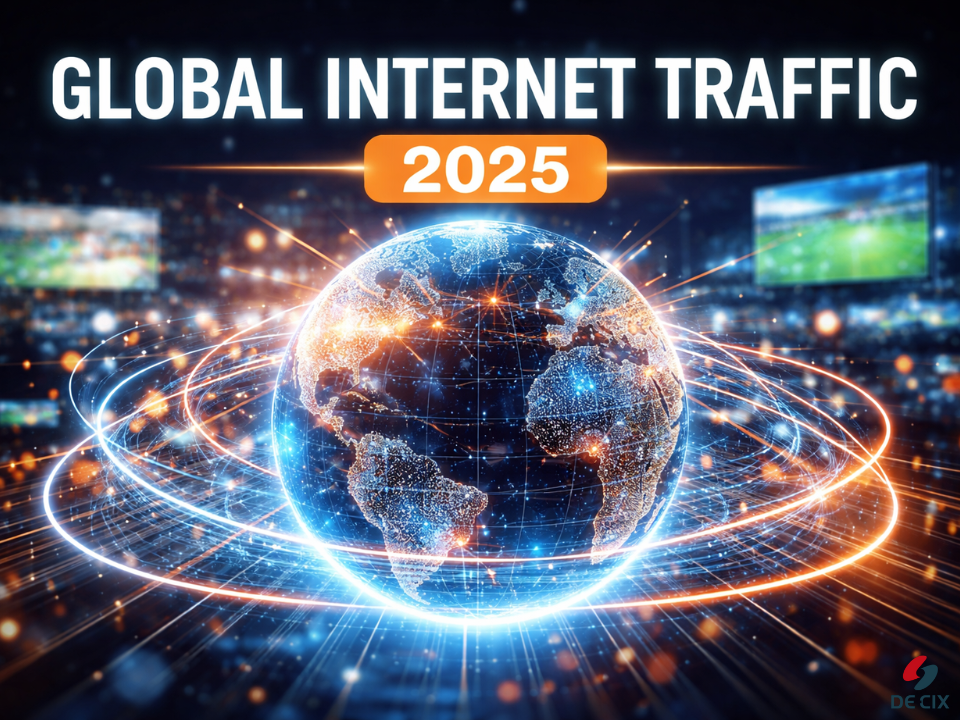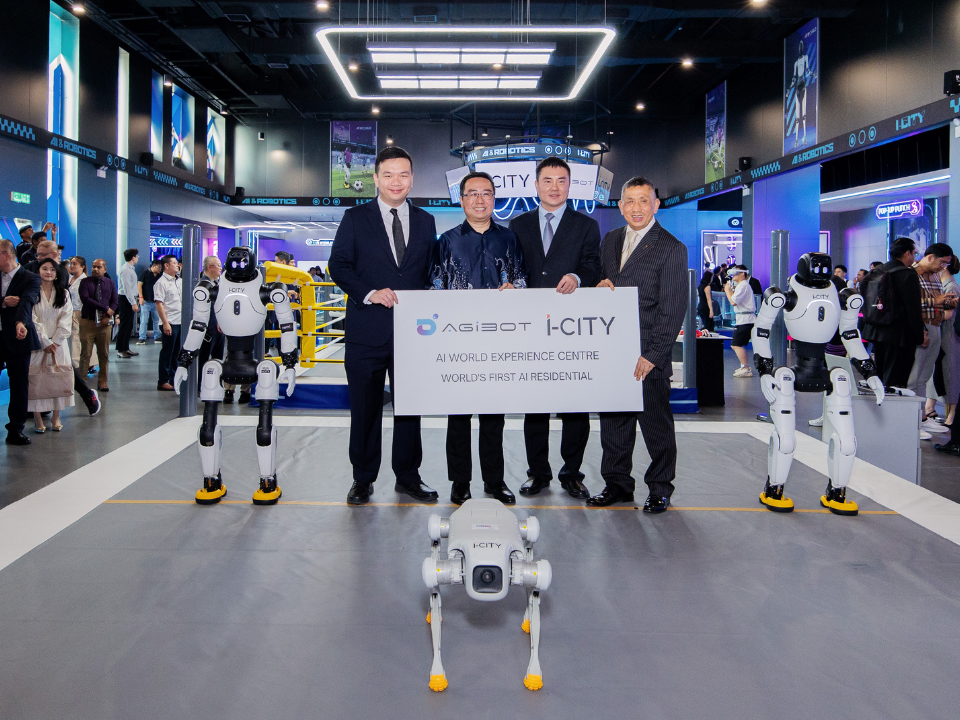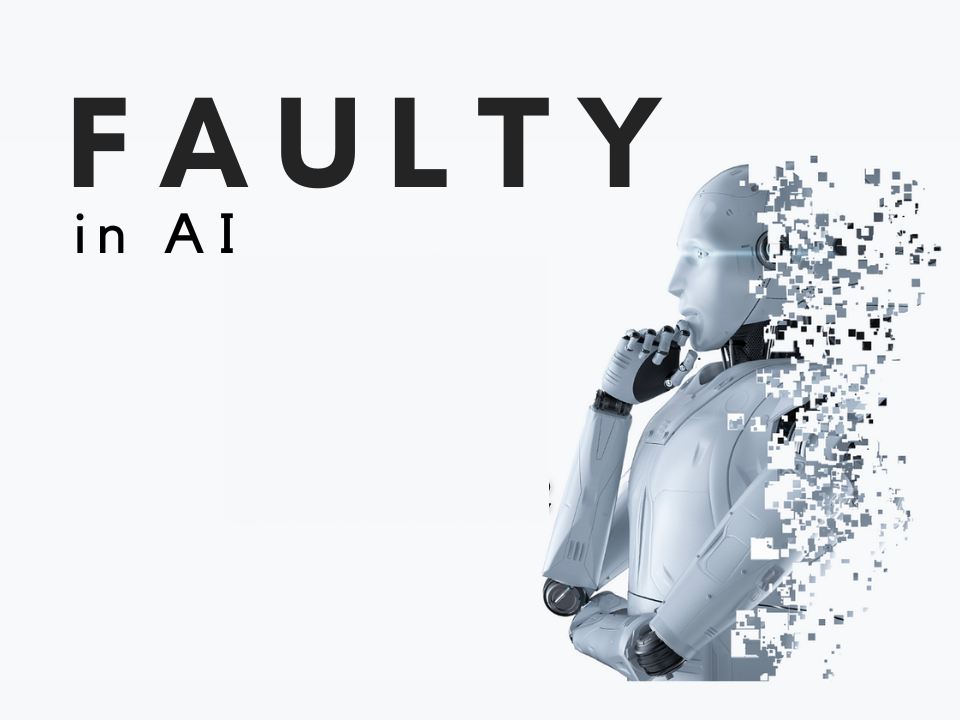
Do you have that one friend who refers to ChatGPT as their best friend? The way we generate and consume content is rapidly changing due to artificial intelligence (AI). Currently, a wide range of businesses, including marketing, journalism, and entertainment, use AI-generated content. While there are many advantages in using AI-generated content, it is also crucial to understand the problem with it.
Can You Trust AI?
Whether or not you can trust AI depends on the way you utilize it. Let’s look at the problem of using AI in your work.
1. Wrong Results
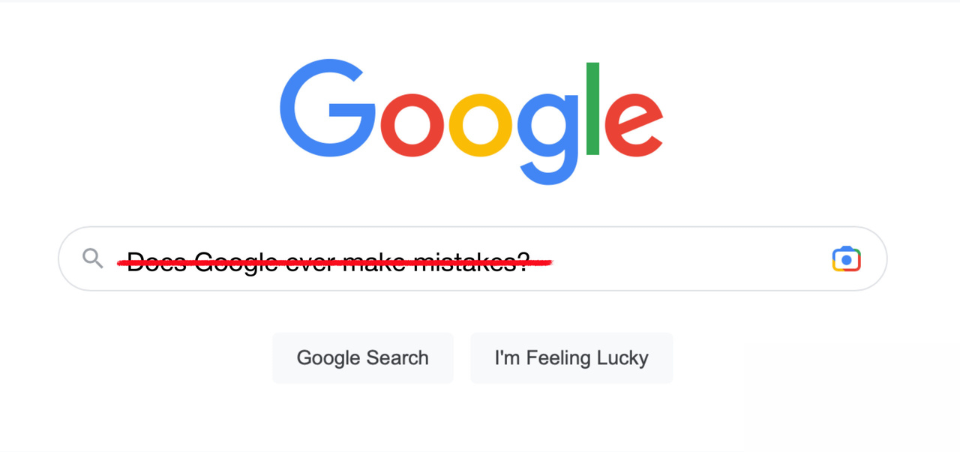
Image via Content Marketing Institute
Since many users assume AI-generated responses are accurate, know that it is possible for them to be false. If you ignore the fact that some information from AI can’t be completely trustworthy, it can cause a problem in the quality of your work. Imagine stating false facts for public view and ending up affecting someone else’s life who read and practiced your content. Wouldn’t it be unethical and possibly impactful to one’s career?
2. Bias Data
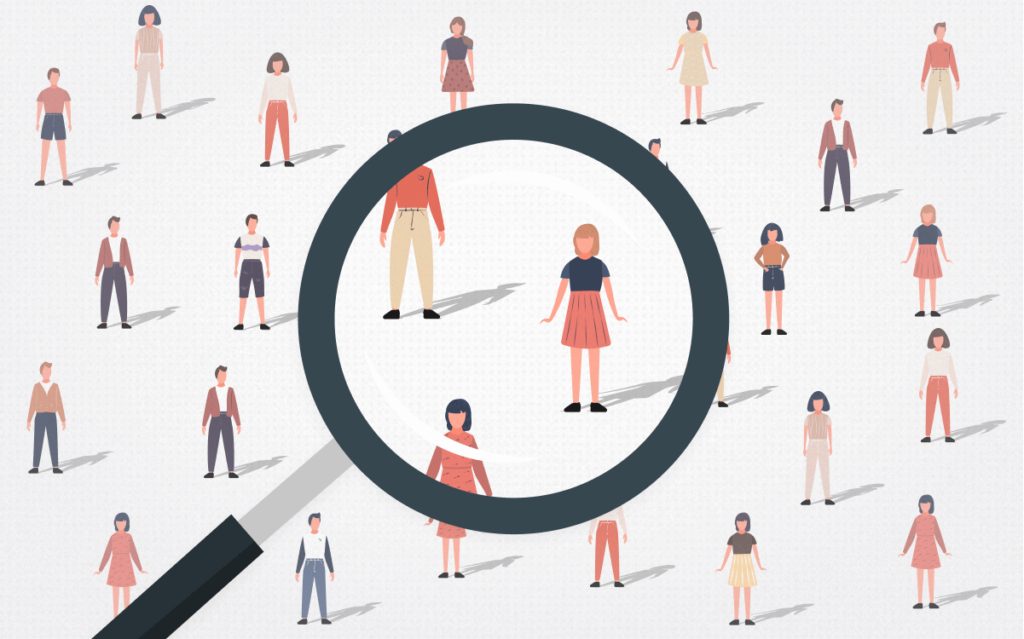
Image via SuperAnnotate
AI generates content based on data, therefore, it may reflect the biases of that data. For instance, an AI-generated response to the query, “What are the best jobs for women?” might only provide professions like teaching and nursing, which have historically been dominated by women. Women may feel excluded from particular job choices as a result of this.
3. Outdated Information
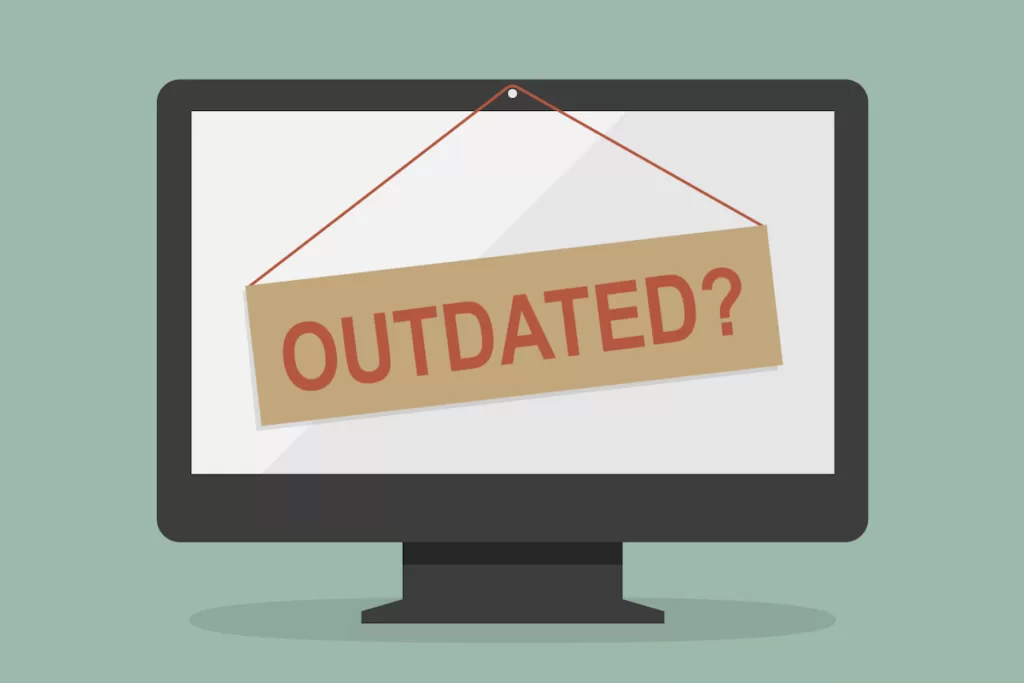
Image via Scott’s Directories
Negative, inaccurate, or out-of-date information about a company or brand can be produced via AI-generated content. This is a serious issue as Google search results can be updated over time. Since AI depends on data from the internet, if the data available is wrong and misleading, AI, due to being unable to figure out what’s right or wrong, will proceed to preach the wrong thing.
4. Poor Content
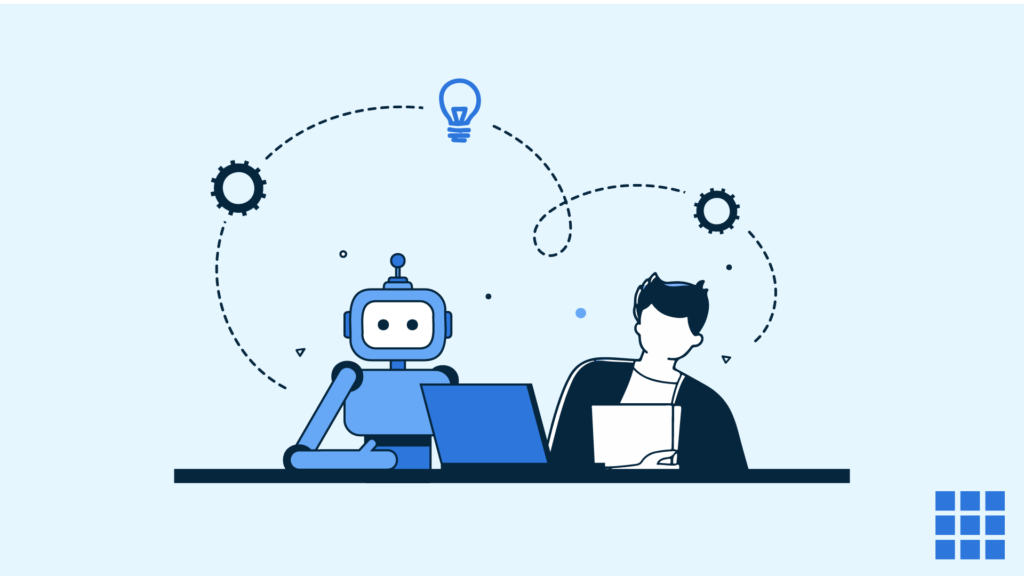
Image via BlueHost
Articles produced by AI need a lot of revision. In case you did not know, some users take a portion of online content and paste it on a paraphrasing tool. Sometimes, they fail to revise and make edits to the paraphrased content. This produces a lack of quality writing that may be hard for readers to understand.
5. Unethical Disclosure
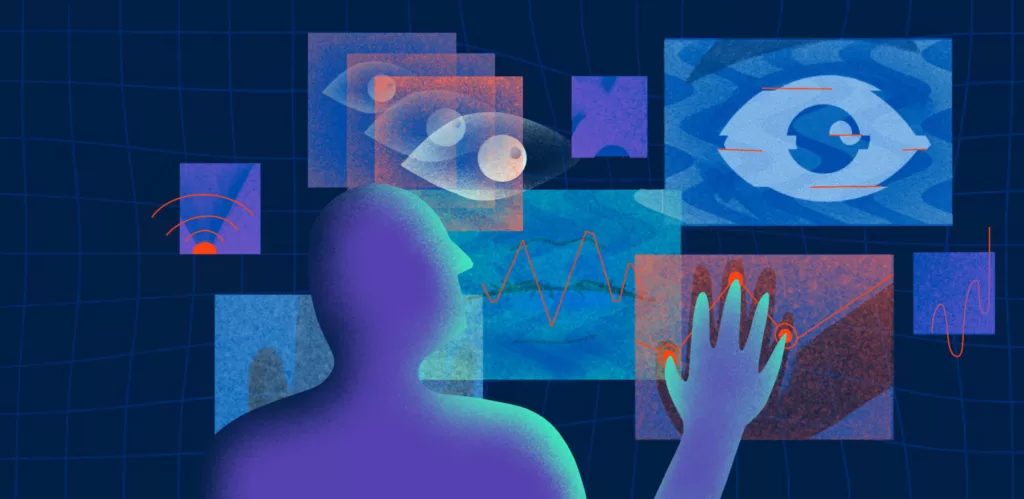
Image via Atlassian
When readers or users come across content created by AI, it may do harm to one’s online reputation. AI-generated content is easily identifiable with a variety of methods. You can take note and look up whether there are searches out there that match the note. Plagiarism can be detected easily, which will make your job even harder, or even put you in a mess if the original writer found out.
6. Lack Of Context
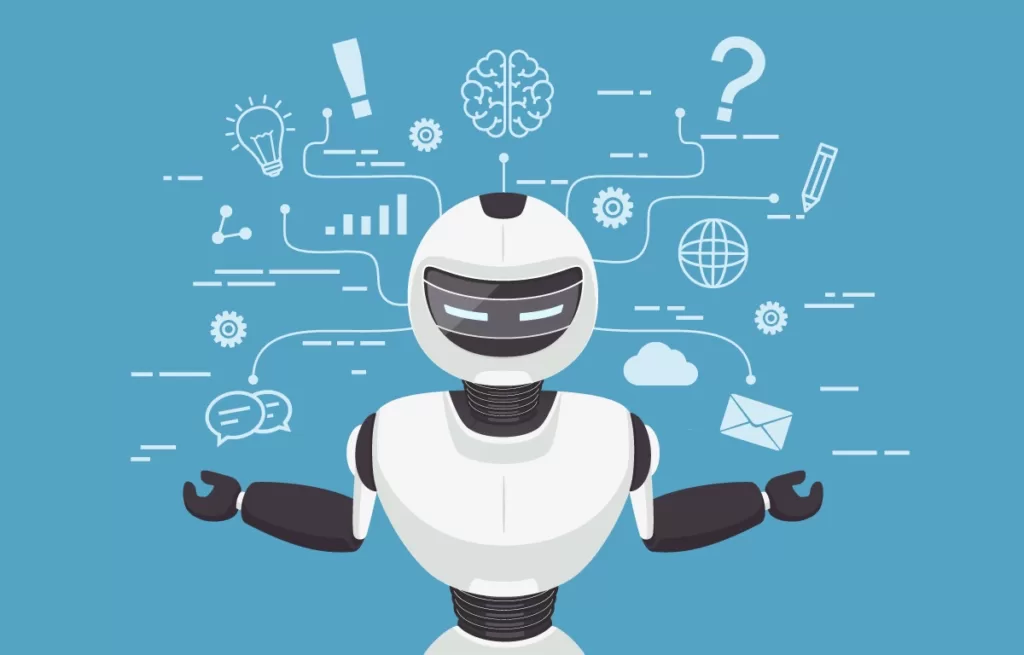
Image via iLingo2
AI-generated information frequently lacks context, which can cause misconceptions. An AI-generated response to the query “What is the best way to lose weight?” for instance, can just provide an extensive list of diets and workout regimens without mentioning the possible damage of the given list. This may cause you to choose an unhealthy diet or exercise regimen. Eventually, it may cause a negative impact on your health in the long run.
AI and us should complement each other. Instead of trusting and taking AI-generated content, know that it may need our help to verify the legitimacy of the given content. This calls for a human loop if AI is to be used in the career field. Be careful when you use AI and always filter out the data given by AI. At the end of the day, if there are mistakes, you are the one who is going to face the consequences, and not your friend’s best friend.
Find out how the practice of AI is causing ethical dilemma.




